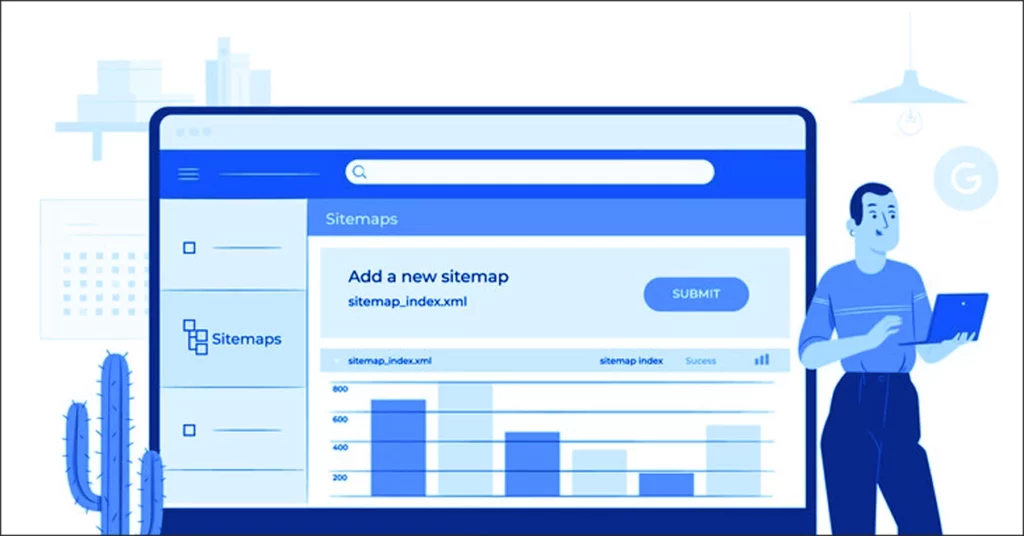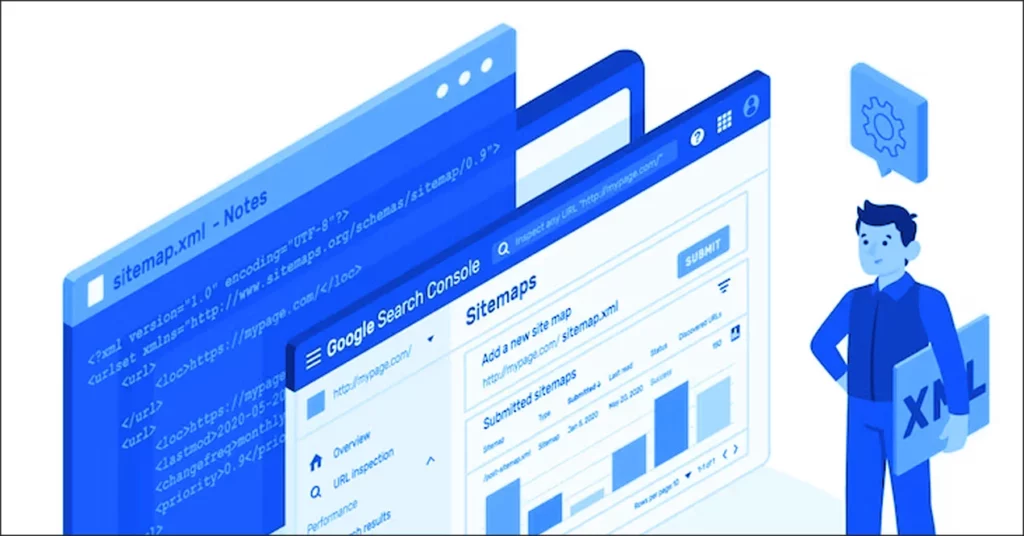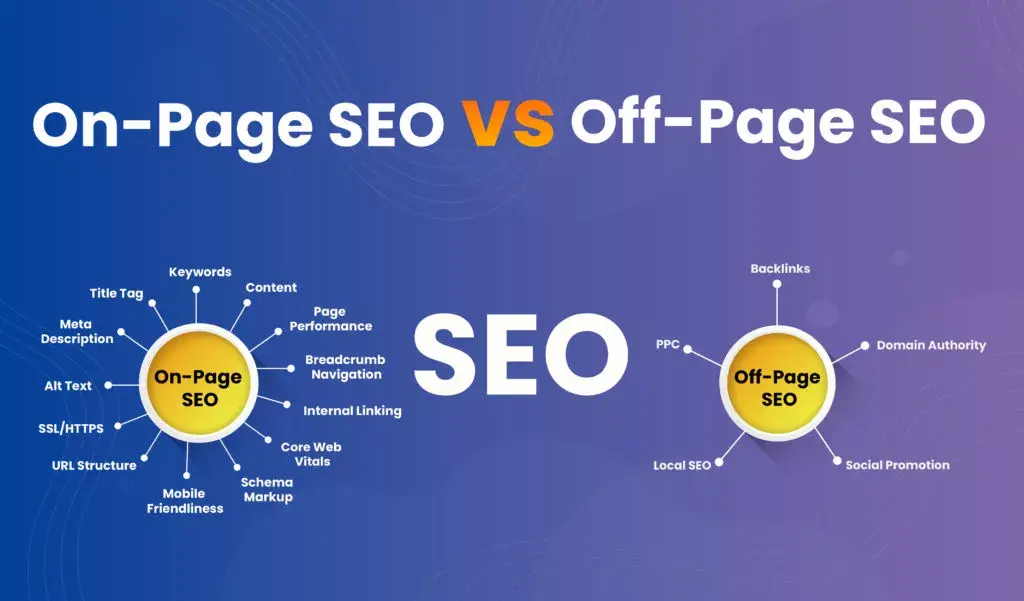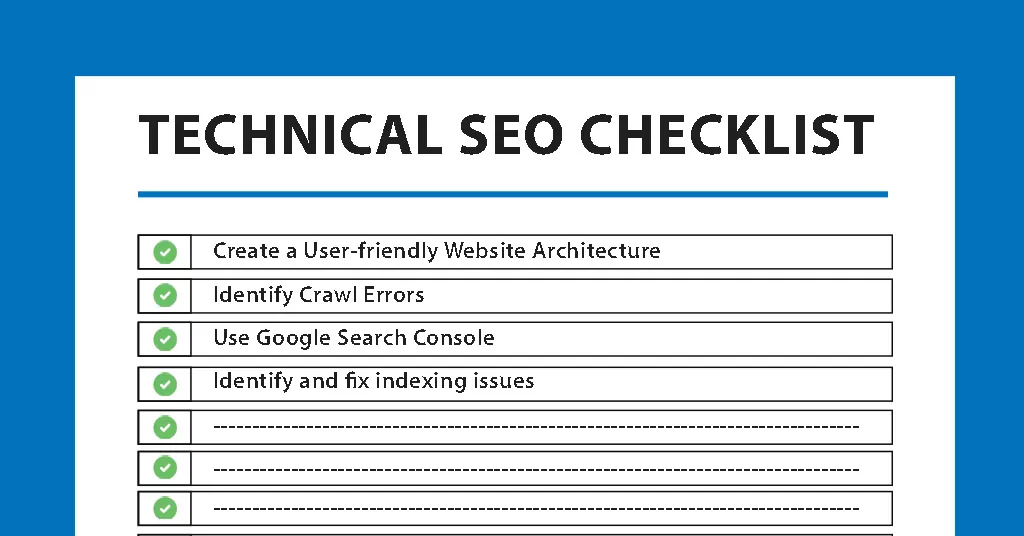Why Indexability and Crawlability Are Important for the Visibility of Your Website
Table of contents
Welcome to my blog, where we will discuss how important crawlability and indexability are to the exposure of your website. This is a topic you cannot afford to ignore if you want search engines and potential clients to find your website with ease. Join Jacksonville SEO experts as we impart insightful knowledge on expanding your online reach and increasing the visibility of your website.

Search engine visibility of your website is mostly determined by two important factors: crawlability and indexability. Simply said, indexability is the capacity of search engines to comprehend and classify the material on your website, whereas crawlability is the ease with which they can access and browse the pages of your website. Your website will not appear in search results and will have less visibility and traffic if search engines are unable to properly crawl or index it.
To guarantee that your website is visible to potential clients, crawlability and indexability must be given top priority. You may optimize your website’s structure, make sure your content is high-quality and relevant, and use the right meta tags and descriptions to increase your website’s crawlability and indexability. Additionally, you can use a number of internet tools to determine whether your website is crawlable and indexable. Crawlability and indexability are important because they help your website get more traffic, become more visible, and eventually expand your business.
What makes indexability and crawlability crucial?
Indexability and crawlability are crucial for a number of reasons.
- Visibility in search results: In order for your website to appear in search results, it must be crawlable and indexable. Your website won’t rank for pertinent search queries if search engine crawlers are unable to access or properly index your content.
- Organic traffic: One of the most beneficial forms of website traffic is organic traffic derived from search engines. You may boost your website’s organic traffic by making it easier for search engines to crawl and index pages.
- SEO: Two key components of SEO are crawlability and indexability. You may enhance your website’s overall SEO performance by making it more crawlable and indexable.
- User experience: Users can traverse a website more easily if it is well-crawled and indexed. This may result in a better user experience, which may boost sales and conversions.
Here are a few concrete instances of how your website may be affected by crawlability and indexability.
- A page on your website won’t be indexed or able to appear in search results if a search engine crawler is unable to reach it. A page on your website could not rank correctly for pertinent search queries if a search engine crawler is unable to comprehend its content.
- It may be challenging for consumers to locate the information they need on a website if there are numerous non-crawlable or non-indexable pages.
- Compared to a website with good crawlability and indexability, a website with poor crawlability and indexability may have greater bounce rates and lower conversion rates.
In general, every website that hopes to rank well in search engines must be able to be crawled and indexed. You may enhance your website’s exposure, organic traffic, SEO performance, and user experience by making it more crawlable and indexable.
How to make your website easier to crawl and index
You can take several steps to increase the crawlability and indexability of your website, such as:
- Ensure that the structure of your website is logical and unambiguous. It is important to link your pages together so that crawlers can easily find and index all of your material.
- Apply a site map. A file called a sitemap contains a list of every page on your website. This might make it easier and faster for crawlers to find all of your pages.
- Steer clear of robots.txt directive blocking. Crawlers are informed which pages on your website they may and cannot access by use of robots.txt directives. If you are careless, you may unintentionally prevent crawlers from indexing your website’s key pages.
- Make use of insightful meta descriptions and titles. Text snippets that show up in search results are called meta titles and meta descriptions. They can aid in the better understanding of your sites’ content by crawlers and their more accurate indexing.
- Get your photos optimized. To speed up website loading times, give your photographs meaningful alt language and reduce their file size. Crawlers will be better able to comprehend the content of your photographs and index them more precisely as a result.
How to determine whether your website can be indexed and crawled
You can use several methods to determine whether the website has been indexed and crawled:
Google Search Console

Google Search Console gives webmasters information about how well their website performs in Google Search. A report called Coverage, available through Google Search Console, allows you to see the percentage of your pages that Google has indexed and the percentage that hasn’t.
Use Google Search Console to determine whether your website is indexable by following these steps:
- Open Google Search Console, then log in using your Google credentials.
- Decide which website you wish to examine.
- Select Coverage from the menu on the left.
- A list of every page on your website that Google has not yet indexed may be seen under Excluded.
Tester for Robots.txt
You may test how search engine crawlers will interact with your robots.txt file by using a robots.txt tester. Search engine crawlers can learn which pages on your website to crawl and which ones not to by reading the robots.txt file.
Use a robots.txt tester to test the crawlability of your website by doing the following steps:
- Use an online robots.txt tester, like the one offered by Google.
- Type in the location of the robots.txt file on your website.
- Select “Test.”
- The program will display a list of all the pages on your website that are restricted from crawler access by the robots.txt file.
Spider-Screaming Frog SEO
A commercial tool called Screaming Frog SEO Spider offers many functions for technical SEO audits, like as crawlability and indexability research.
Use Screaming Frog SEO Spider to assess the crawlability and indexability of your website by doing the following steps:
- Install Screaming Frog SEO Spider after downloading it.
- Type in your website’s URL and select Start.
- After crawling your website, Screaming Frog SEO Spider will produce a report.
- Select the Internal tab and then the Crawl Errors tab to get the crawlability and indexability report.
- The pages on your website that Screaming Frog SEO Spider was unable to crawl or index are listed in this report.
You can take action to address any crawlability or indexability problems you have found with your website. This might be making a robots.txt file, repairing broken links, or structure optimization for your website.
You can make sure that all of your pages are available to search engine crawlers and that they are being accurately indexed by routinely monitoring the crawlability and indexability of your website. By doing this, you can increase the amount of organic visitors to your website and make it more visible in search results.
Conclusion: Reasons to Give Crawlability and Indexability First Priority for Better Website Visibility
In conclusion, if you want to improve your website’s visibility, you must give crawlability and indexability top priority. It will be simpler for potential clients to locate you online if search engines can readily crawl and index the pages of your website. As a result, there is a greater likelihood that you will appear higher on search engine results pages, perhaps resulting in more leads, sales, and visitors.
There are a number of strategies you can use to increase your website’s crawlability and indexability, including improving its structure, making a sitemap, and employing pertinent keywords. According to SEO Jacksonville experts, you can find any problems that might be impeding the visibility of your website by routinely assessing the crawlability and indexability of your website. You are making significant progress toward enhancing your website’s online presence and reaching your business objectives by giving crawlability and indexability top priority. Thus, don’t delay any longer and begin giving crawlability and indexability top priority right away!







